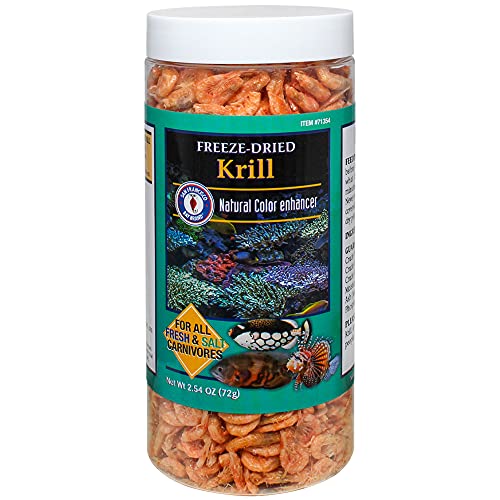I wanted to add this to my last post...

I was perhaps overcritical of the study to begin with, and my terms "laughable" and "joke" are probably too harsh...I tend to get a bit carried away from time to time, it's a personality flaw of mine... :lol: But hey, I'm big enough to admit it

Also, I got a bit off on a tangent in my orgional post concerning particle size, the more I look at it the less I think their choice of particle size on the coarse end compared to what I was saying would have had an impact on the results...again, my tendency to get carried away with myself... :lol:
I do still however, think this study has some considerable control flaws, a misleading summary, and not a great deal of application to these condidtions in the hobby in general.
Our experiment shows no evidence for any of the espoused benefits of a plenum (reviewed by Goemans 1999) either with or without live animals in the design. Instead our results suggest that any benefits seen are a direct consequence of the presence of the sediments themselves rather than the void space beneath it.
Ok...when we talking about a 3 gallon nanoreef set up similarly, with a similar bioload, maintained in a similar manner and observed over a similar period of time....sure, I'll buy that.
However, due to the great varience from one reeftank to another, and the nearly infinate combinations of substrates, maintenance practices, bioloads, ect...you really can't make much general inferrence at all from their results to the hobby in general. Quite simply, their scope is far too narrow.
Now, before anybody tears into me for that last statement, let me say I'm fully aware that the logistics of performing a similar test on a scale where the results would have greater implications on the hobby as a whole. Unless you had a great deal of time and money to invest in such an experiment, it wouldn't be practical or possible.

I definately can't fault them for the scale of their experiment at all. I can however recognize that the scale and scope of their experiment makes it very difficult to carry their conclusions into the hobby in general.
Ok, on the Overall Summary being misleading...
Our experiment shows no evidence for any of the espoused benefits of a plenum (reviewed by Goemans 1999) either with or without live animals in the design. Instead our results suggest that any benefits seen are a direct consequence of the presence of the sediments themselves rather than the void space beneath it.
Misleading....Yes, their evidence supports that, but only as it applies to the scope of their study...ie in a 3 gallon tank set up, maintianed, and observed over a period of time similar to that in the experiment...I think one simply can't project this evidence into the hobby as a whole...
Overall death rates were roughly twice as high in aquaria with shallow sediments as in deep sediment treatments. The highest overall death rates were seen in aquaria with shallow coarse sediments over a plenum, and the lowest death rates occurred in aquaria with a sandbed composed of deep coarse sediments. The treatments that were closest to the design aquarists employ for deep sandbed, Miracle Mud and Jaubert plenum aquaria had intermediate death rates. The shallow coarse sediment design that is closest to that used in Berlin systems had one of the highest death rates, and the deep coarse sediment design for which there is currently no accepted name had the lowest overall mortality (Fig. 10). We did not test bare bottom tanks, but the data clearly suggest that the shallower the sediment, the higher the mortality rate, and you can't get much shallower than a bare bottom tank!
Misleading, thier evidence showed no significance when dealing with mortality. They use the term "suggests"....but the facts don't "suggest" anything, other than observed mortaility in a particular set of their tanks was higher. Since it was shown that no mathematical correlation existed, one cannot infer that the substrate had anything at all to do with mortality. And because of this, the mortality observations should have been a mere side note in the summary, with qualifications concerning the lack of correlation, nothing more.
The leap from there to comparing it to a BB speaks for itself, IMO it's a totally unreasonable, unjustified, and misleading stab at that particular method of reefkeeping.
mojoreef said:
I dont really have any questions in regards to the research/study/article, It is what it is and is spelled out with in the work.
That's probably the smartest thing any of us have said about it to this point in the thread...

MikeS

































































